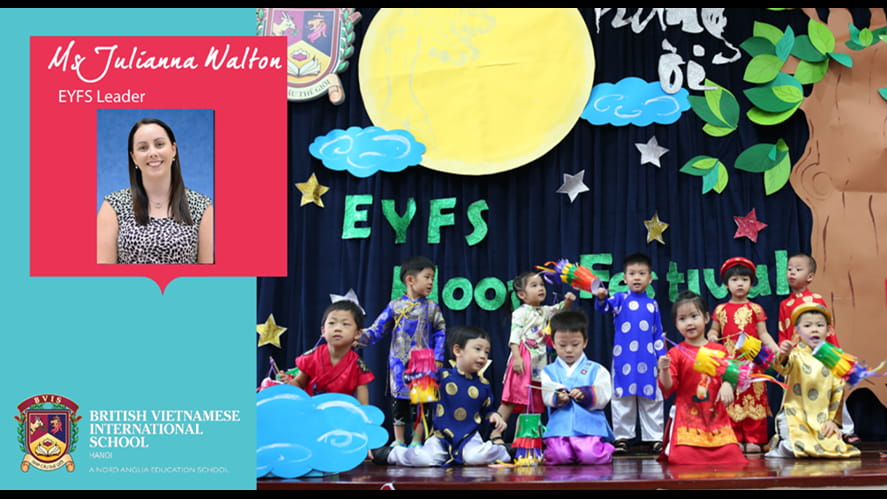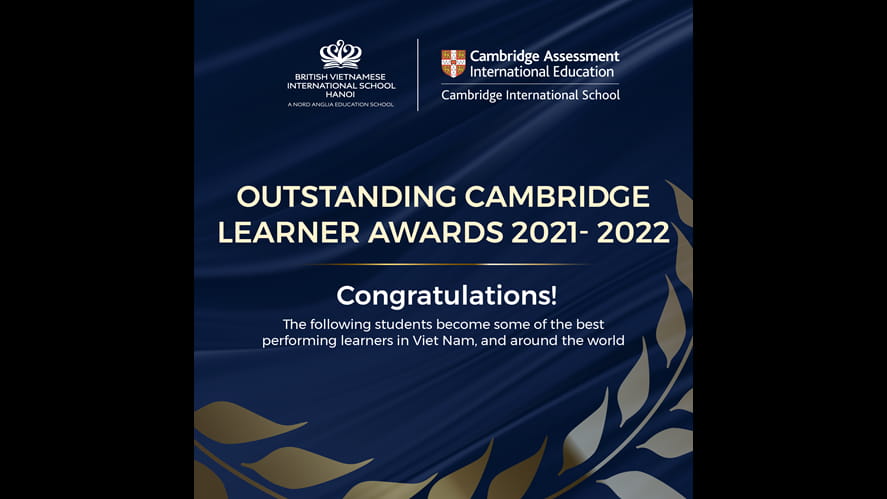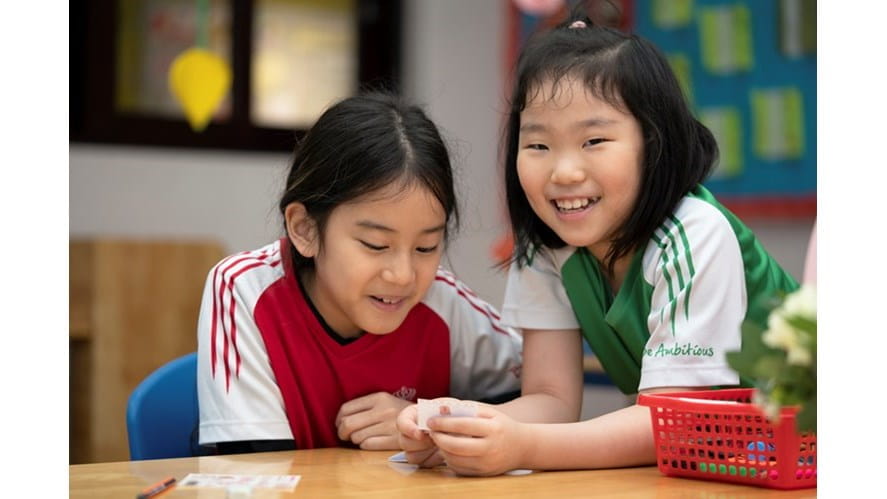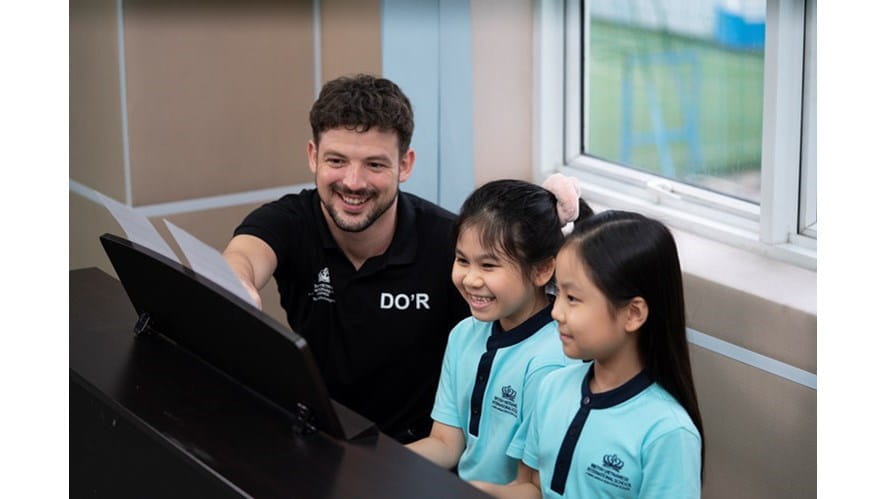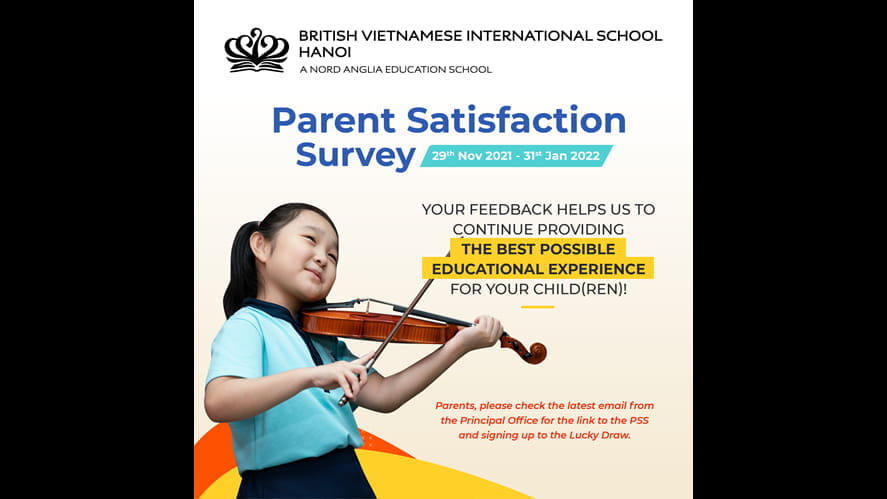ICT in the Early Years and upskilling the Early Years staff
ICT is extremely important in today’s society as the world changes from paper and letters to web-based products, using laptops, IPADs and IPhones. It is important that we keep the children up to date with the latest technologies but that we also do not forget the importance of nurturing and encouraging their imaginations and creativity.
Lots of different educators and technology researchers are looking at the best ways to incorporate ICT into the Early Years programme. In the past, we had lots of remote control toys, walkie talkies, old fashioned hand turning telephones and cassette players. Until recently, we also regularly used a CD Player. But as technology across the world improves BVIS moves with the times and continues to upgrade and improve the technology that they offer their Early Years students.
Resources that can be found in the Early Years, now include Easi-speak microphones, Easi view pro visualisers in every class, talking magnifiers, talking boxes for literacy, large microscopes and handheld, class IPads, a suite of computers, Beebot robots, remote controlled cars and remote controlled bugs. As you can imagine all of these resources take time for the staff to learn how to teach them and the children with learning how to use them.
As part of the Nord Anglia group, the staff have access to a rigorous online training system which allows staff to regularly update their skills and expand their capabilities. The Early Years Teachers are currently taking part in a learning technologies course which helps them learn about new innovative types of technology and applications across the world. They regularly have to give feedback and write reports on how well things are going and what they have used in their classroom so far.
This week, some of the Teachers were exploring some of the online APPs to support the children’s imagination and communication and language using the IPADs. These APPs included;
•Chatterpix
• PupperPals
• PuppetPals2
• Yakit KIDS
• Fotobabble
• Sock Puppets |  |
Some schools may feel that ICT has no place in an Early Years classroom but we feel, when used appropriately, it can really enhance the learning. As part of our training, we have been looking into research on ICT in the Early Years and have found several interesting articles from Sira-Blatchford, I (2000) and DATEC (Developmentally Appropriate Technology in Early Childhood.) These articles identify several general principles for determining the effectiveness of ICT applications and it’s uses in the Early Years. I have shared them below;
1 ensure an educational purpose
2 encourage collaboration
3 integrate with other aspects of curriculum
4 ensure the child is in control
5 choose applications that are transparent
6 avoid applications containing violence or stereotyping
7 be aware of health and safety issues.
We feel very strongly that we should keep up with the ever-changing technology applications across the world and have found a great balance with this at BVIS. You can see through some of the photos the children are developing their language skills and collaborating with their friends while using some of these APPs. In F3 we also went on to use it, to encourage them with their phonetical awareness through a ‘pocket phonics’ APP.
Educating your children really is a partnership and we encourage you to also try more educational APPs on your IPads or IPhones at home. The APPs you choose to expose you children to can really have an effect on their ability to problem solve creatively as well as impact their general well-being.
We look forward to seeing you all at the Early Years Tet Fair next Thursday afternoon 8th February at 2:30pm!
Ms Julie Walton
Head of Early Years

